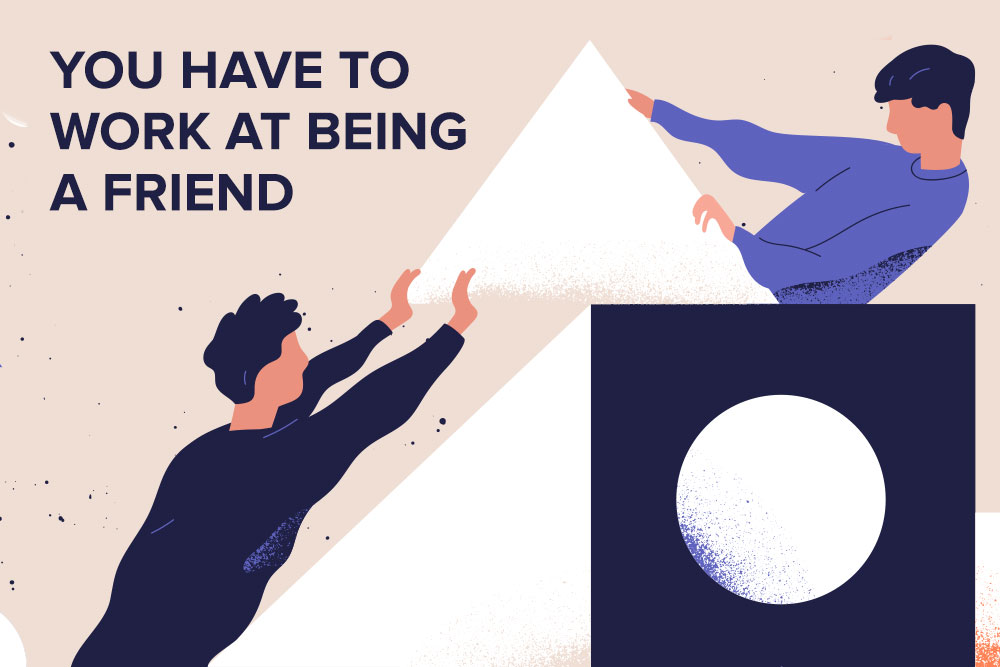There’s an old saying that encourages employees to “work for a boss with whom you could have a beer with (or coffee or smoothie)”. While this is great advice, generally speaking, it could also be a minefield for managers like you to navigate.
However, learning the art of doing so is especially important in today’s age, where you are expected to be more than just a boss to your subordinates. As businesses transform into ‘business-casual’ environments and Generation-Z, who tend to be more social than yesteryear workers, enter the workforce, the manager-employee dynamic has also had to change.
As a leader, you are expected to foster corporate culture, drive team-bonding, and get the best out of your junior colleagues in order to achieve company goals.
“You don’t get your employees loyalty and dedication because of a paycheck,” said Ms Cindy Nguyen, founder of Regit, a personal data protection and privacy compliance start-up. “You gain a lot more than business success by being their friend.”
The benefits of boss-employee friendship include more trust, loyalty, support, and better communication. However, it also comes with many challenges such as employees taking advantage of the friendship, mistaking trust for weakness, performing below expectations, and the relationship itself causing resentment among other team members.
So how do you walk the tight-rope between being a boss and a friend? Here are some experiences shared by other managers.

The answer? A resounding “yes”. Most managers recognise that being a friend has many benefits – plus it makes work more fun.
“It is definitely possible to be friends. During work hours I am their boss, mentor, and manager. But after-work hours, I’m their friend and we can chill out,” said Mr Justin Heng, an Associate Financial Services Manager at Prudential Assurance Company. “But it is important to keep work and friendship separated.”
Ms Nguyen agrees. With her team, there’s nothing personal during work hours. “We usually eat lunch together and that’s when we talk about families and our lives because that’s our personal time.”
However, the reasons for such friendships do not have to be purely performance driven. It can be something much more human, as Microsoft Solutions Specialist Eddie Rivera pointed out. “Sometimes, we see potential in others and want to help them succeed. This can lead to friendship,” he said.

Yes, you will have to do more than just the regular work to build meaningful friendships with your team. It’s an extra effort but it pays off.
“As a boss and friend, I wanted my team to be happy in a new setting,” said Mr Rivera about his time as a manager for telesales in midwestern America, where his subordinates relocated to from 25 different states. “One of the local bars had a volleyball court. I signed up my team to play and it was fun and a great way to build relationships outside of the office,” he added.
Sometimes being a friend means offering a shoulder to lean on when the going gets tough.
“I take the time to be there for my associates when they are feeling down because of family or work reasons,” said Mr Heng of Prudential Assurance. “I have a one-to-one session with them over dinner or supper. That’s when I am not just their boss but I’m their friend, listening, and trying to motivate them.”

The most common pitfall for managers is when the line between boss and subordinate gets blurred. This could lead to complications and the relationship could turn sour.
“Most young managers would try to build a positive team culture and have fun,” said Mr Heng. “This actually backfires because some team members would try to walk all over them.”
So, how do you make it work?
It starts with drawing a clear line between work and friendship from the outset. By setting boundaries and expectations, it becomes easier for both parties to navigate such a relationship.
“Be honest and transparent from the beginning. Usually, it’s understood that work and friendship should be kept separated. But if it’s not then you should just tell them,” said Ms Nguyen.
Whether it is to get the best out of your team or you are doing it out of the goodness of your heart, everyone stands to gain when work-friendship is done right. After all, most of us spend 90,000 hours or one third of our lives in the workplace. So why not make it friendlier?














